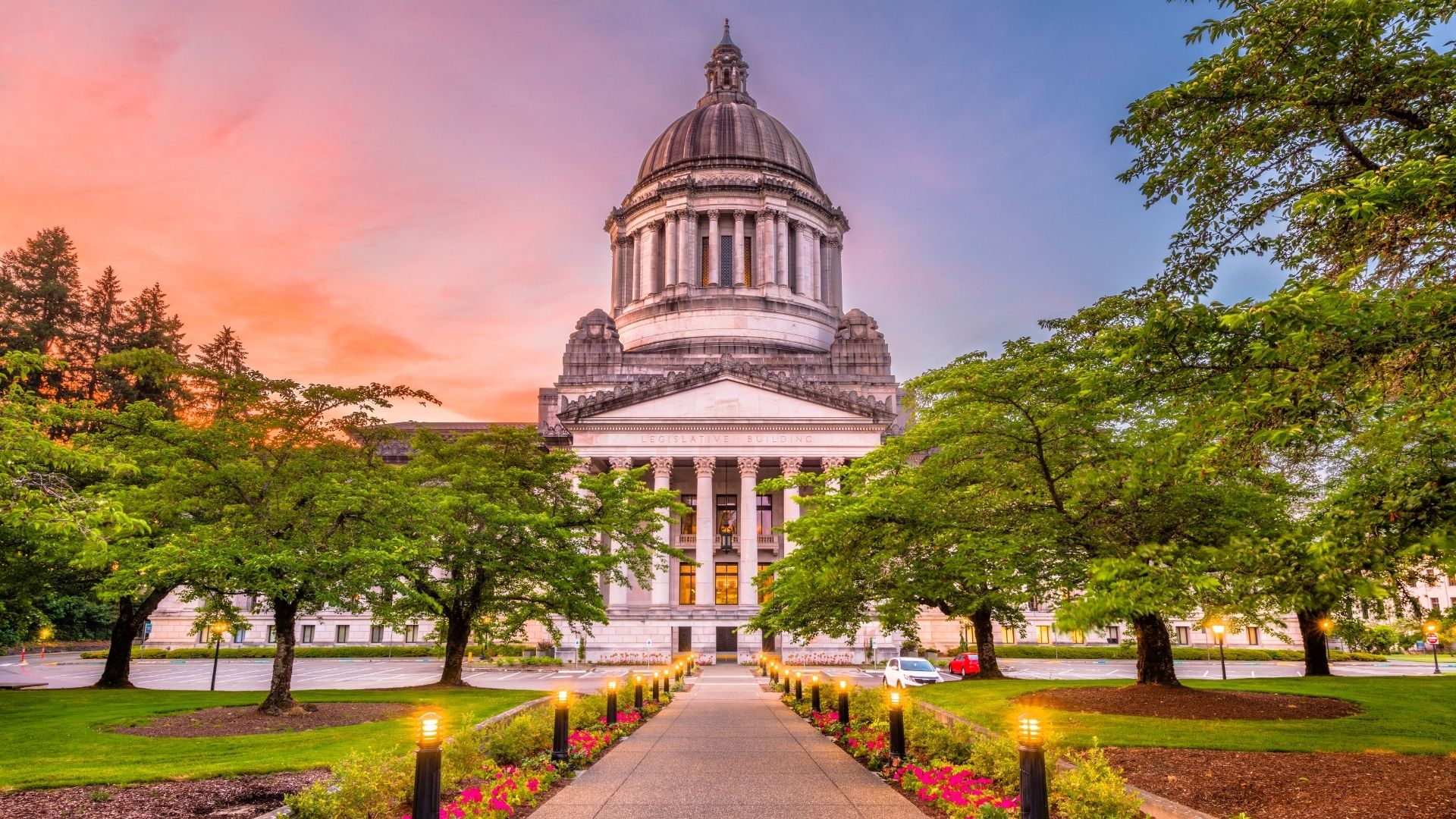
Rose Gundersen, VP of Operations and Mark Johnson, Sr. VP of Policy and Government Affairs recently attended the annual Unemployment Insurance (UI) Conference in Spokane, Washington.
Thirty-two states and the federal government participated in the three-day event and WR was actively involved, serving on the planning committee and introducing the first speaker. Theconference is the only one in the country that brings together all parties involved in the UI process. Unlike workers’ compensation, paid family leave, or paid sick leave, which are a combination of employer and employee funded, UI is a major employment cost solely funded by employers.
The conference featured many thought-provoking sessions and breakouts on topics such as UI trust fund solvency, workshare programs, fraud prevention, quarterly wage reporting, and legislative efforts at both state and federal levels.
One of the most impactful sessions for WR was on UI for striking or locked-out workers. The Washington State Legislature considered a bill last session to allow this, thankfully it narrowly failed. Extending UI benefits to striking workers presents a significant issue: employers would be paying for workers to strike against them, which contradicts UI’s purpose of protecting against job loss. Additionally, once an employer hits their UI cap, other employers in the system would end up covering the cost for the striking workers. This could severely impact Washington state, which has several large, unionized employers.
Finally, and most importantly, if a state law were to be enacted, it would be in direct conflict with federal UI law (Sect. 303(a)(12)) which explicitly states that a worker has to be “available to work, and actively seeking work” – conditions not met while on strike. Legal challenges would likely follow if such a law were passed in Washington. Both California and Connecticut legislatures adopted similar UI provisions for striking workers last year, only to be vetoed by their governors. Currently, only New York and New Jersey allow UI benefits for striking workers, but their laws have not yet faced legal challenges.

